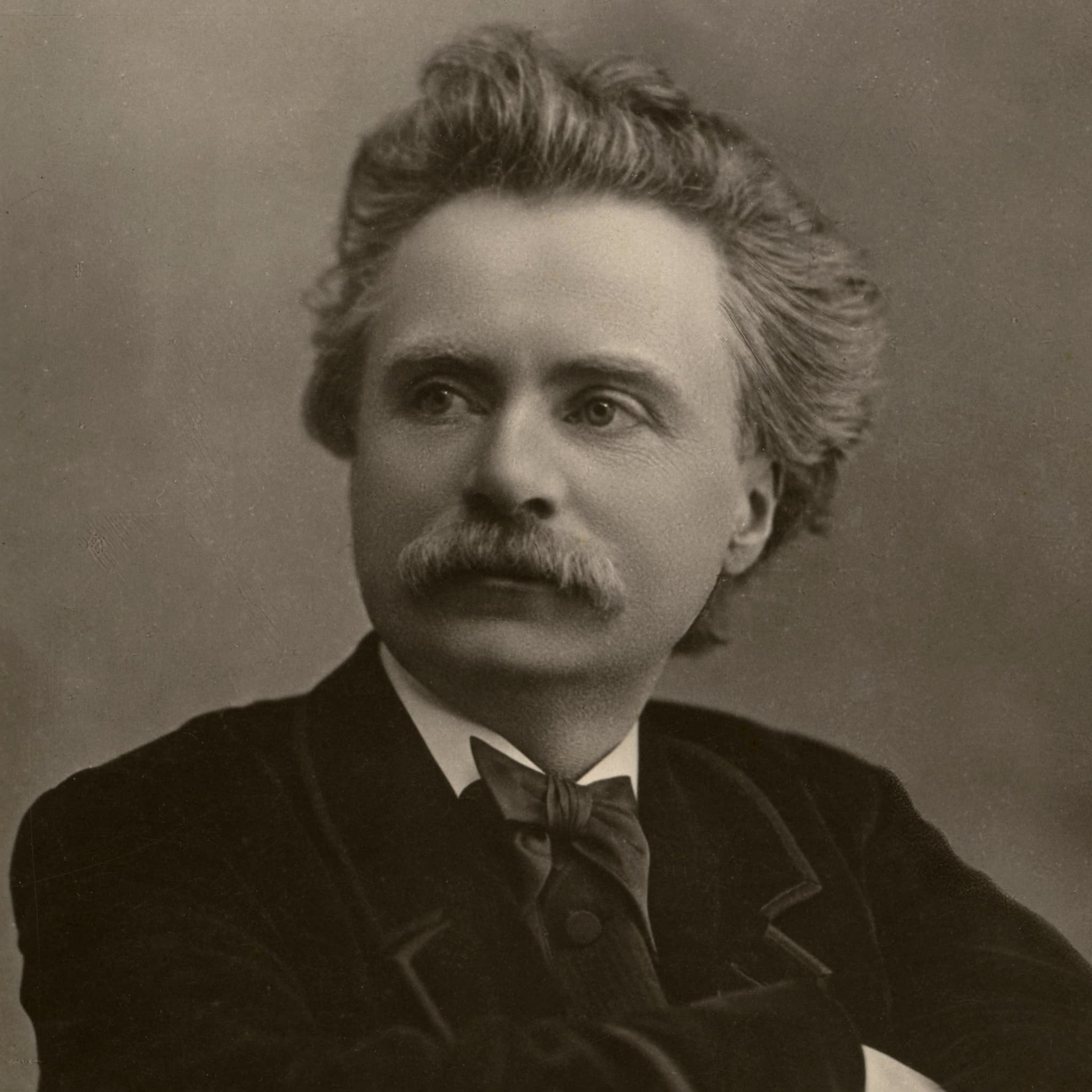Album insights
Enrique Granados lamented the premature death of his friend Isaac Albéniz, who passed away at the young age of forty-nine due to a kidney disease. Recognized for his masterpiece "Iberia," Albéniz was praised for encapsulating the essence of Spanish music. Born in 1860, this Catalan musical prodigy embarked on a remarkable journey that intertwined romantic harmonies with Spanish rhythms. Despite Albéniz's initial acclaim for his compositions, his disillusionment with Spain's conservative politics and culture led him to move to London and then Paris, where his musical style underwent a significant evolution influenced by French music.
Albéniz's later works, characterized by nostalgic introspection and dreamlike qualities, drew inspiration from his cultural heritage and the Impressionist movement. The monumental collection "Iberia," completed in 1908, showcased his fusion of impressionistic harmonies, Lisztian virtuosity, and Spanish nationalism. Each piece within "Iberia" deftly absorbed native melodies and rhythms, blurring the lines between foreign influences. Notably, the composition featured rich complexities, challenging technicalities, and a unique blend of musical elements, defying traditional concert piano standards. Albéniz's meticulous approach in creating pieces such as "Evocación" reflected his deep emotional connection to Spain, as he viewed his homeland through a lens of memory and yearning.
Albéniz's musical journey not only celebrated regional Spanish styles but also incorporated a diverse range of influences, from Andalusian flamenco to Cuban rhythms. Through his elegantly crafted compositions, such as "El Puerto" and "El Corpus en Sevilla," he painted vivid musical landscapes that captured the spirit of Spanish traditions and celebrations. The evocative melodies of his compositions transported listeners to iconic Spanish locations, from the Alhambra to the vibrant streets of Seville and Madrid.
In the final chapters of his musical legacy, Albéniz's incomplete works were later perfected by fellow composers, breathing new life into his compositions like "Azulejos" and "Navarra." While Albéniz's lasting impact on Spanish music endures, his more playful compositions, like "Yvonne en visite!" filled with humorous anecdotes and musical charm, offer a glimpse into his lighter side. Throughout his career, Albéniz's musical ingenuity and emotional depth continue to resonate with audiences worldwide, solidifying his place as a master of Spanish composition.





